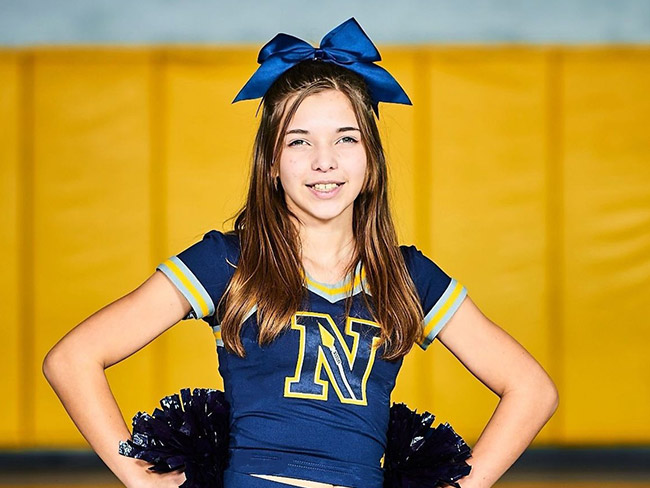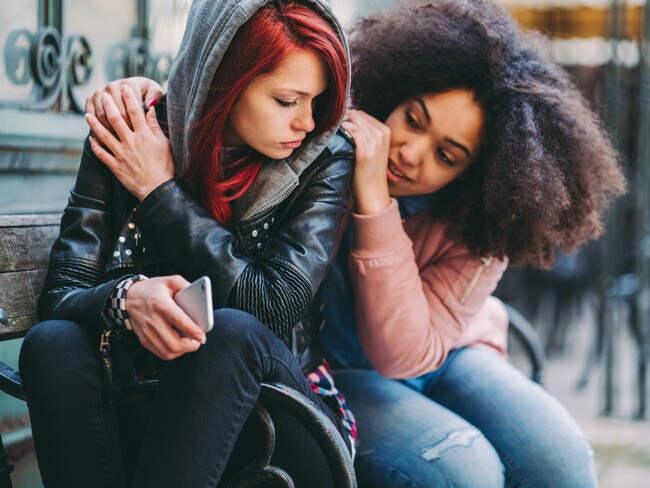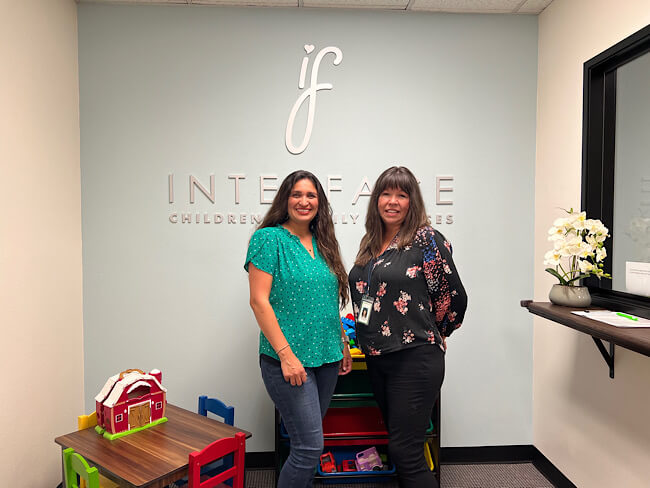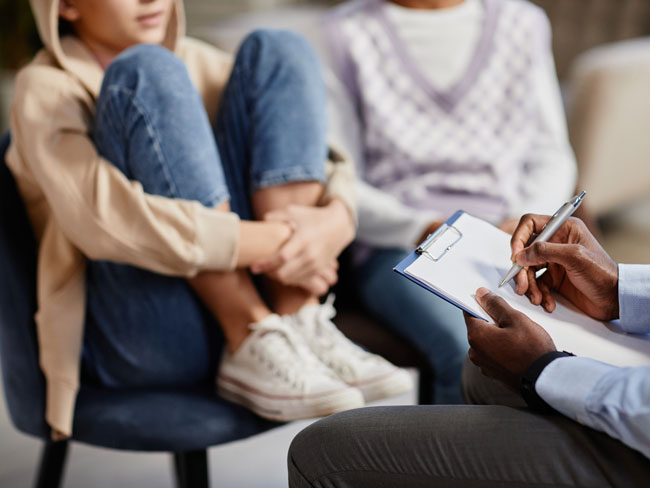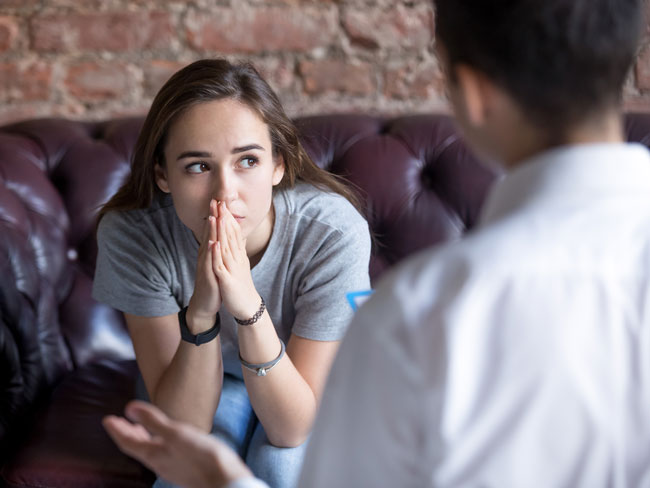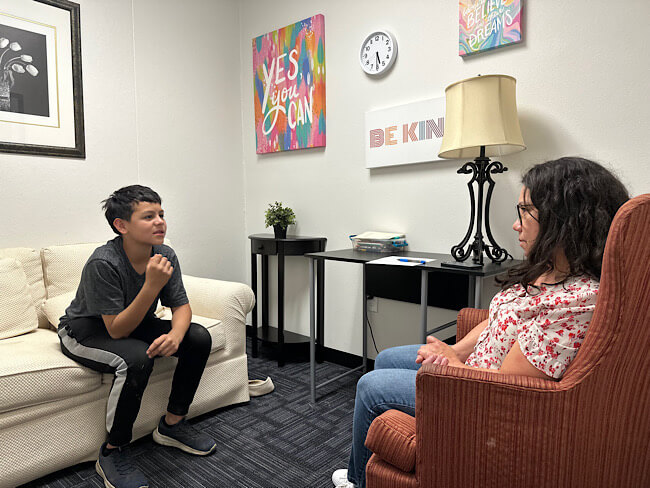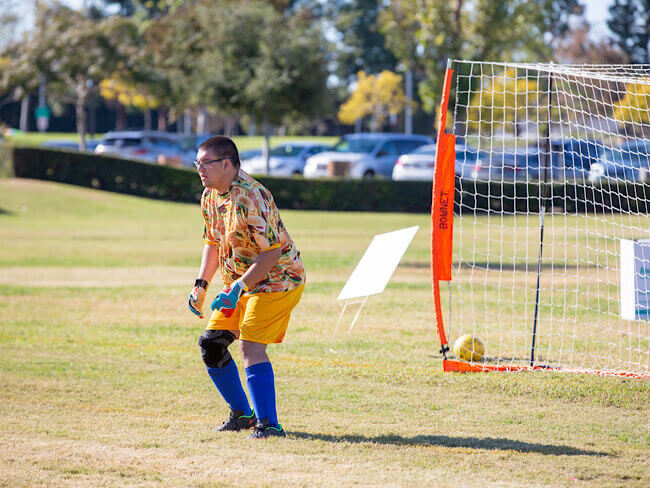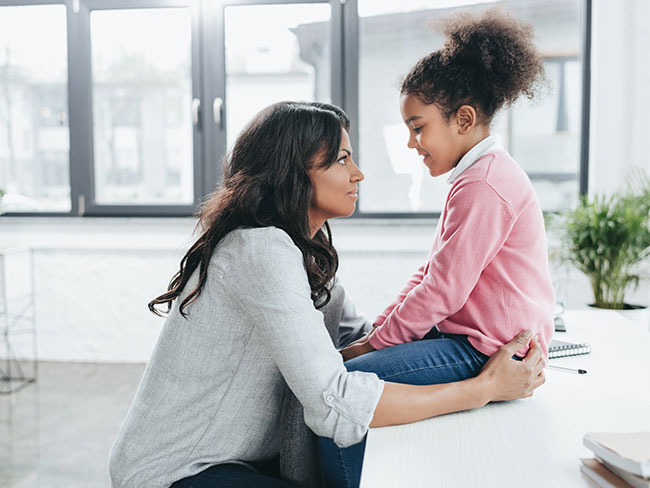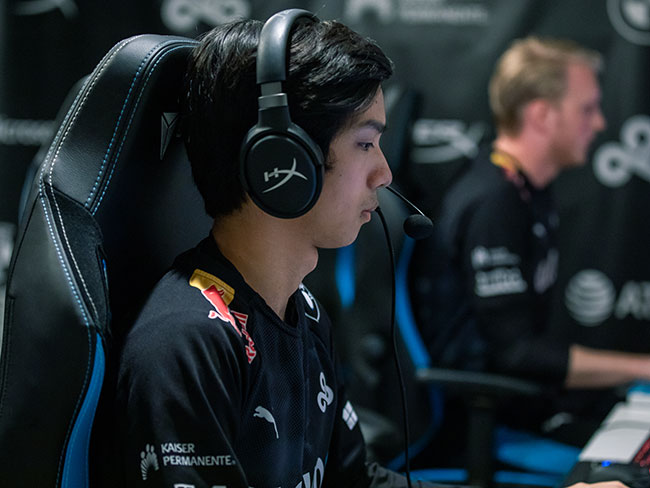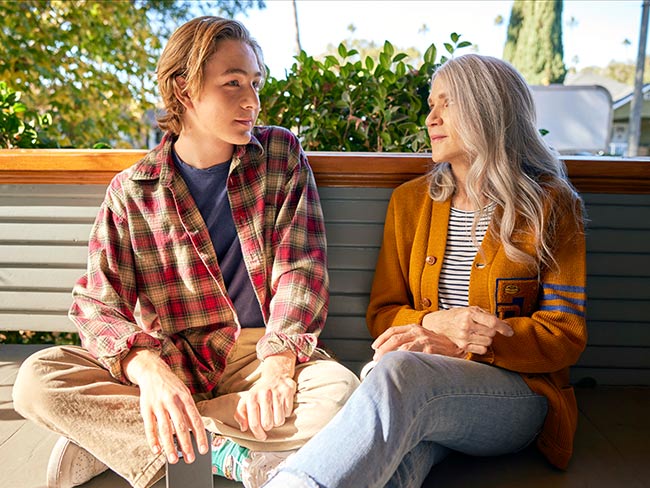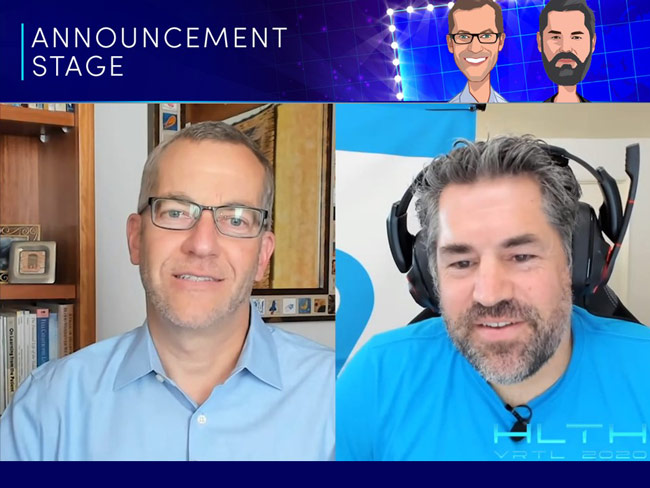Supporting our children after acts of mass violence
Southern California psychiatrist offers practical advice for parents to help children cope with the trauma and stress of mass shootings.
Talking to your children can help support them and heal the trauma they may be feeling.
Mass shootings have become an unfortunate reality in our society. As parents or guardians, it is important to help children cope with the stress and trauma that come after such events. But it can be difficult to know how to approach the subject and what to say. Ashley Zucker, MD, a psychiatrist at Kaiser Permanente in San Bernardino, California, offers practical advice for parents in these situations.
Start a conversation
Dr. Zucker suggests that parents start a conversation by asking their children what they know about the situation. By asking questions, parents can gauge what their children understand and then adjust the conversation accordingly.
“Oftentimes, asking them, 'what do you know already or what questions do you have,' can really lead you to a conversation where they feel comfortable and safe asking questions. It can also help lead to an age-appropriate conversation, so that you will hear from them what they already understand about what is happening,” Dr. Zucker says.
Dr. Zucker suggests starting the conversation for children under the age of 13 by asking if they have heard about a particular event. Parents can then provide a simple explanation of what happened and reassure their children that they are still safe. “It’s important to be able to say: ‘This is a tragic and terrible event, but events like this are rare. You are still safe. Your community and school are safe places. It is the job of a parent to make sure we are doing everything possible to keep you safe,’” Dr. Zucker says.
Help support and heal trauma
According to the American Psychological Association, exposure to media coverage of traumatic events, such as mass shootings, may heighten anxiety and fears in children. The APA recommends that parents and guardians limit children's exposure to media coverage of traumatic events and provide them with support and a sense of safety.
Tragedies like the Monterey Park, California, mass shooting that killed 11 people in January 2023, are extremely painful even for adults. "We can’t normalize these events because they are not supposed to happen,” said Dr. Zucker. "But at the same time, we have to acknowledge what has happened and live each day.”
Finally, she said the healing process after a tragedy will vary for individuals. “The most important thing is that we are there for one another. Regular check-ins and being there for each other can help with the healing process. What is also important to recognize is that if people feel like there is a prolonged period where they are really struggling, whether it's with their anxiety or their fears, it may be necessary to seek professional help.”

